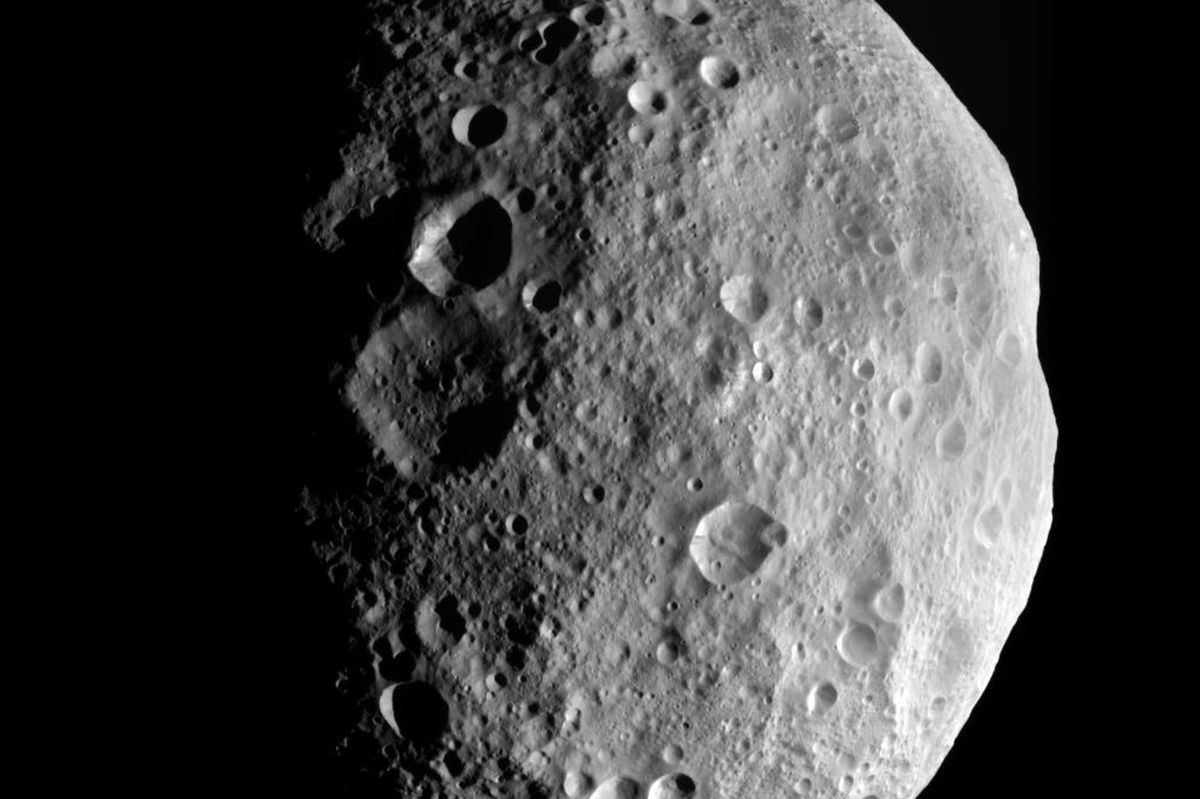
A plane flies at 575 miles per hour, which is pretty fast. The International Space Station flies at 17,100 miles per hour, which is very fast. And asteroid 2001 FO32 is about to fly past Earth at 76,980 miles per hour, which is unimaginably fast. We're talking 100 times the speed of sound.
The asteroid will likely be the largest and fastest near-Earth object to zoom by our planet this year, doing so on March 23 at 16:03 UTC (11:03 a.m. EST). Scientists estimate that it's between about half a mile and one mile in diameter, making it larger than approximately 97% of other known asteroids.
While 2001 FO32 has been designated a "potentially hazardous" asteroid by NASA, it's not going to collide with Earth this time around (or on its next five passes, which will happen every three to five decades). During this flyby, it'll be about 1.3 million miles from our planet, or about five times as far as the moon. By comparison, the closest asteroid that's ever zipped past Earth — or at least the closest one we've seen — did so at an altitude of just 1,830 miles, in August 2020. That one was relatively tiny — between 10 and 20 feet in diameter.
Since you don't have to worry about this asteroid wiping out life on Earth, you can sit back, relax, and enjoy the show as it hurtles through our planetary neighborhood. Due to its size and speed, we might be able to see the asteroid's movement across the sky in real time — as long as we're looking through a telescope. Most asteroids are far smaller and slower, which means they appear stationary, like a star or planet, when looking at them through a lens. But to our eyes (aided by a telescope), 2001 FO32 might appear like a slower version of a plane at cruising altitude or the International Space Station in orbit.
Curious to know what else in space might be heading our way soon? NASA's Center for Near-Earth Object Studies (CNEOS) keeps a list of all known NEOs that will make a close approach in the near future. Of course, we haven't discovered all the asteroids out there, so you never know what's lurking around the corner.
Source: Read Full Article










